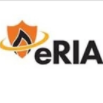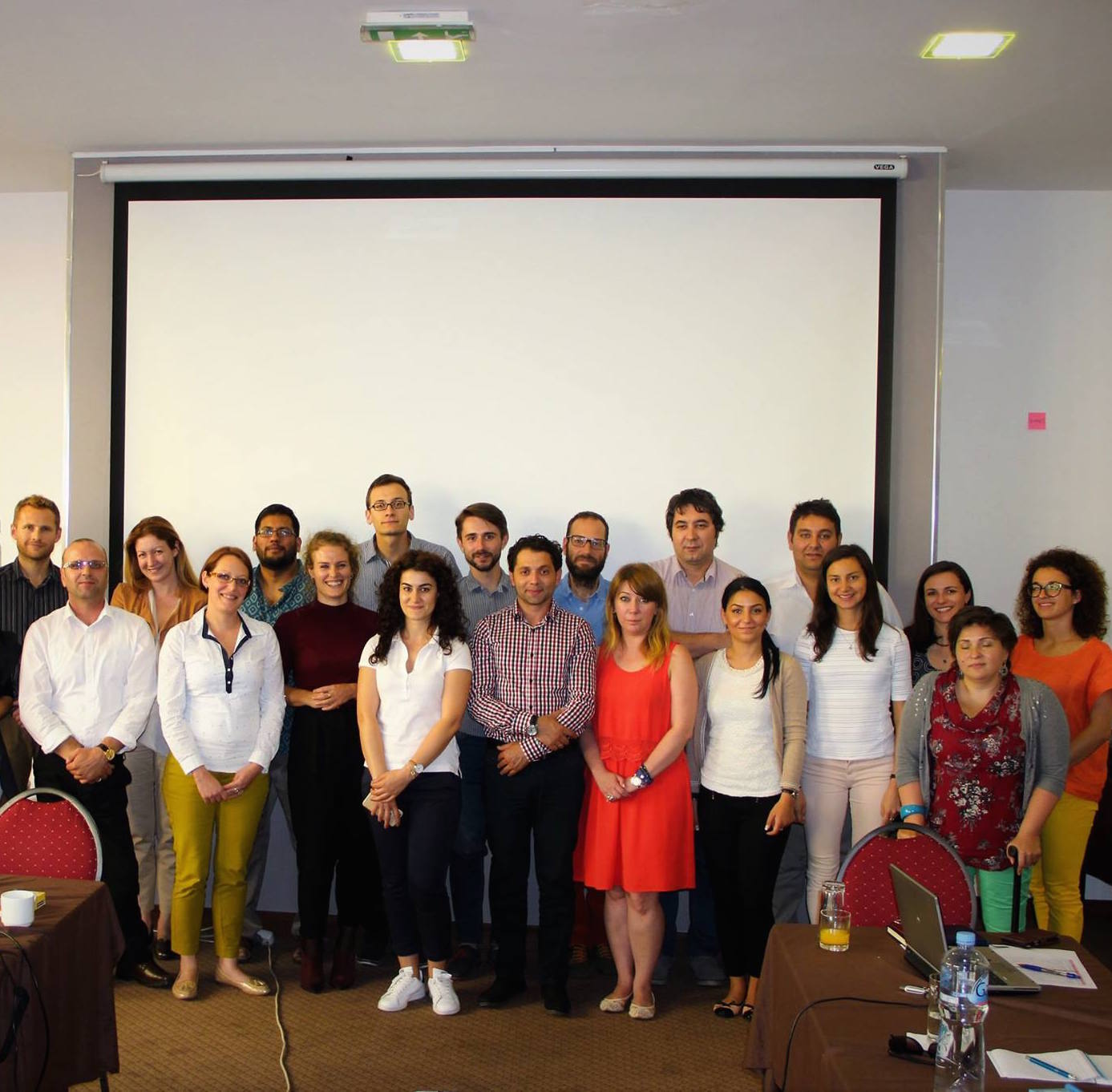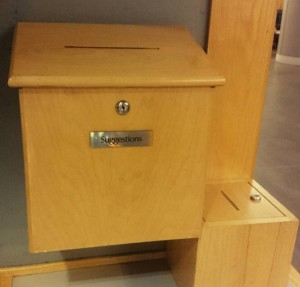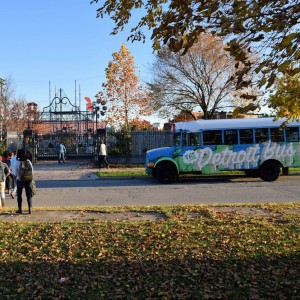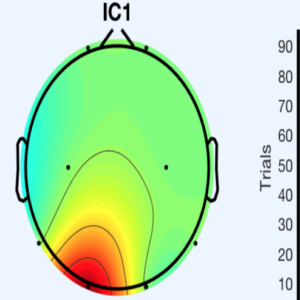
In the fall of my first year I wanted to join a neuroscience research lab. I was hoping to contribute to meaningful research, network with helpful mentors, and develop new skills and qualifications. In retrospect I should have waited to adjust to Princeton and my new course-load before even beginning to think about labs. I didn’t, though, and as I sent a flurry of emails to lab directors, I soon ran into a barrier: I found it incredibly difficult to be accepted into a lab.
In their response to my email, one lab director told me that they preferred students with significant experience in the programming language Matlab. Although I’d used Matlab before, my trial subscription had long expired. Using the free software links available through the Office of Information Technology (OIT) website, however, I was able to download and use Matlab once more. I soon realized that a laboratory setting wasn’t necessary for me to conduct my own research. In fact, I actually felt empowered by the ability to choose my own research topic.


